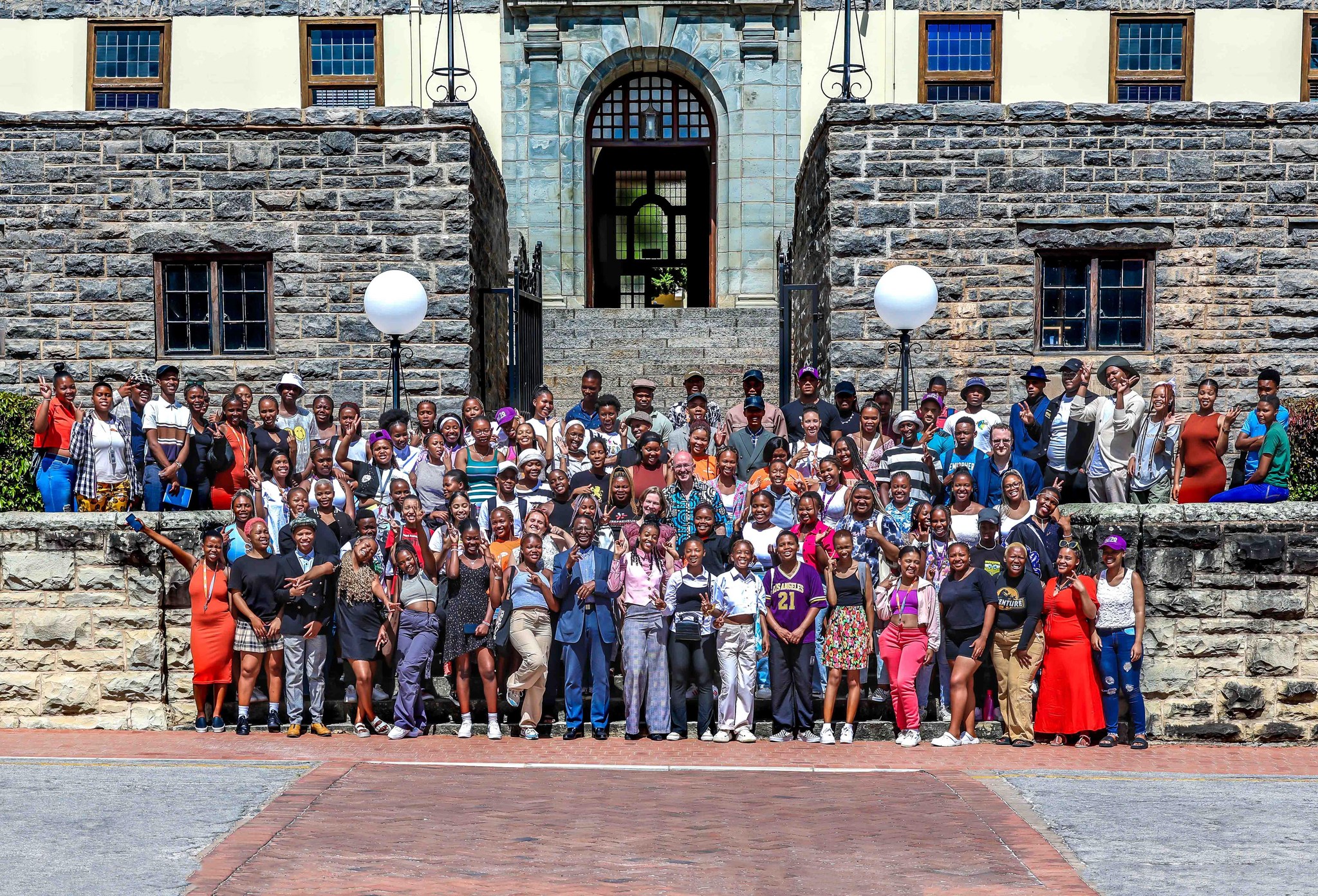
By Nizole Qete
A transformative transition has occurred in Rhodes University's chosen lexicon and institutional narrative since the establishment of its Community Engagement division in 2008. The University has departed from using the conventional discourse of "volunteerism" and instead embodies the concept of "engaged citizenry." This linguistic shift is not just semantics. It marks a deliberate shift away from perpetuating the misalignment of community work with charity, donations and the saviour/victim dichotomy.
Historically, "volunteerism" carried implicit connotations of one-sided kindness, positioning particular communities as selfless benefactors and others as passive recipients. Rhodes University’s nuanced shift from "volunteerism" to "engaged citizenry" reflects a conscientious effort to coordinate interventions that are built through collaboration and mutual benefit between all stakeholders.
Engaged citizenry signifies a commitment to active participation, shared learning, and reciprocal growth. The term implies a tangible paradigm shift towards a relationship where volunteers and communities are regarded as active contributors, fostering respect, understanding, and collective progress.
Anna Kinsler, the Engaged Citizenry coordinator at RUCE embodies this ethos. In the early days of her transformative journey, she founded the Grahamstown Scout Group for Boys, initiated through a request from a local Non-Profit Organisation (NPO) via RUCE. Reflecting on this relationship, Kinsler says:
"My experiences in this scout group have been pivotal in my personal and professional development. Often, it is easy to notice the impact of student engagement on a community. The benefit to the student and university is less explicit."
A pivotal moment in this journey involved a child initially labelled 'Tsotsi,' who, after four years of engagement, surprised everyone during a drawing session meant to express pride. Once perceived as a troublemaker, this child astoundingly declared, 'I once was a Tsotsi, and now I'm not.'
This narrative illustrates the reciprocal nature of engaged citizenry, where community initiatives become catalysts for personal and professional growth, fostering a symbiotic relationship between the university, the student, and the community.
Student leader and third-year student Lusanda Witbooi says:
"The essence of engaged citizenry is collaborating with the community to establish how to grow with the resources they currently have to reach their goals."
In transitioning from "volunteerism" to "engaged citizenry," Rhodes University has made a profound paradigm shift. The University wants to highlight and nurture dynamic and respectful community engagement across the institution.
